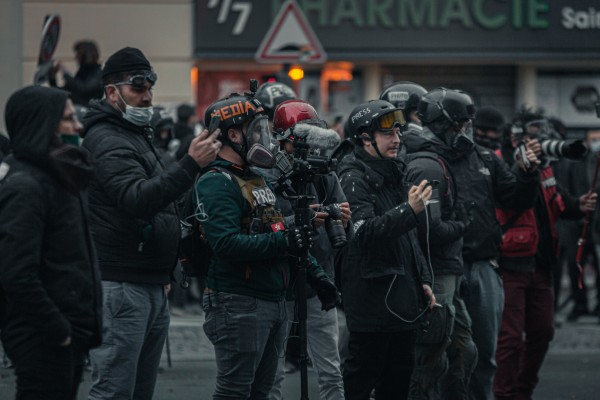According to information before IPI, Nikolay Goshko, the deputy editor-in-chief of Odintsovskaya Nedelya in Smolensk, Russia, was sentenced to five years and one month in a penal colony for defaming three Smolensk city officials in a July 2000 broadcast on the independent station, Radio Vesna.
On 27 July 2000, Goshko made statements during a programme on Radio Vesna, accusing three high ranking Smolensk officials of being responsible for the murder of Sergey Novikov, the director and owner of Radio Vesna, who was shot and killed on 26 July. The killer was never found. Novikov’s colleagues believe that the murder was connected to his work and to Radio Vesna’s critical coverage of the city’s administration. Goshko is a former correspondent of Radio Vesna and was a friend of Novikov’s.
The officials filed criminal defamation charges against the journalist and the prosecution demanded a one year suspended prison sentence. According to reports, the case was initially heard by the Lenin Regional Court, but was later moved to the arbitration court in Smolensk.
Goshko’s colleagues said that the trial has gone on for five years, and the verdict came as a surprise to everyone, including the prosecution. The 6 June hearing was expected to be yet another formality and the journalist was not represented by a lawyer. Police took Goshko to a trial detention centre immediately after the verdict was handed down. The defence has 10 days to appeal the sentence, and plans to do so.
“The International Press Institute (IPI) strongly condemns the sentence because defamation should never be criminalised,” IPI Director Johann Fritz said. “Criminal insult laws are an anachronism and should be removed from every legal system.”
“We strongly believe that prison terms are never justified for defamation cases, no matter how unsettling or offensive they may seem to those involved,” Fritz continued. “Moreover, this latest decision will only encourage greater self-censorship in Russia and this is to the detriment of not only the journalism profession, but also the country’s citizens who will be deprived of valuable information.”


